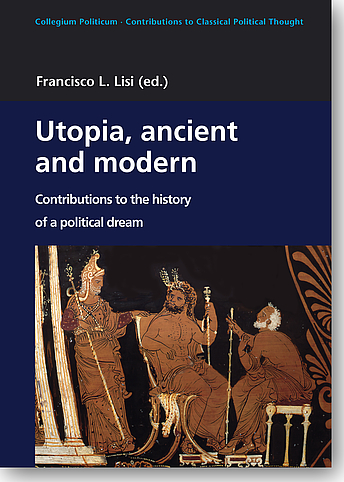Lisi
Utopia, ancient and modern
ISBN 978-3-89665-540-0
During the Sixties and Seventies of the last century, the word 'utopia' acquired a positive connotation spurred on by the sudden emergence of the third world, the Marxist liberation movements and the decolonization of Africa and Asia, in so far as these processes were interpreted in Marxist terms and as a moment of the historical class struggle that would lead humanity to the final achievement of communism and the entirely planned society, whose rationality would represent the attainment of paradise in this world.
After the fall of the Soviet Union and the collapse of most of the totalitarian regimes, the employment of the term 'utopia' as an ideological weapon by the Marxist movement could not maintain its intensity, and as a consequence there was a relative decline of interest in the subject.
Utopia continues to survive in the current ideology of democracy, which postulates a final universal homogenous state as the goal of the evolution of human society and of conflicts and history.
However, the significance of utopianism for the contemporary political thought could not be wholly understood without the consideration of its permanence in the history of western political thought, and especially of its Greek origins in Plato.
The papers included in this volume are devoted to the analysis of his political works, especially the Republic and the Laws and its reception in the Hellenistic age and in the Renaissance.


